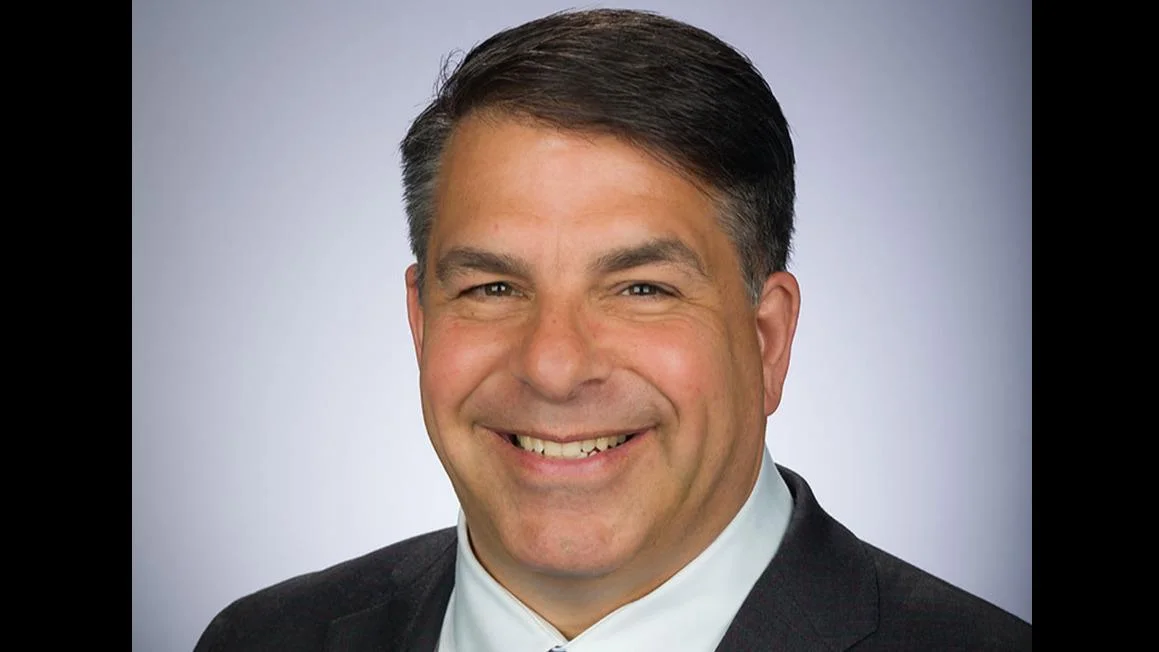
David P. Hedlund Professor, Sport Management at St. John's University-New York | St. John's University-New York
St. John’s University’s Master of Professional Studies in Sport Management has been recognized as one of the top programs in the United States by SportBusiness, an organization known for consulting with sports leagues and teams globally. The program achieved a ranking of 23rd in the 2025 SportBusiness list, improving from its previous position at 29th.
The 36-credit graduate program is offered through The Lesley H. and William L. Collins College of Professional Studies and serves as a complement to St. John’s undergraduate Bachelor of Science in Sport Management. St. John’s began offering undergraduate degrees in athletic administration in 1974, transitioning to a sport management focus in 2002, and introduced the master’s program five years later.
The curriculum is designed to prepare students for roles across athletic administration, event and facility management, marketing, communications, sports business, and related fields. Graduates have found employment within professional sports organizations, collegiate athletics departments, community initiatives, media outlets, and nonprofit groups. According to Dr. Hedlund, there are currently 52 students enrolled at the graduate level and 340 undergraduates participating in the program.
Devin Morgan ’22MPS joined the St. John’s master’s program after his career as a professional soccer player in Europe and now works as Manager of Competition for Major League Soccer (MLS). He attributes his transition into MLS administration to his experience at St. John’s.
“What makes the Division of Sport Management—and this program—unique is the extent to which the professors, academic advisers, and career development counselors work together in providing students with the knowledge and experience to obtain a rewarding professional life,” Mr. Morgan said. “The work was challenging and always interesting, and encouragement from leaders within the Division of Sport Management played a massive role in preparing me for my current position.”
Graduate students must complete required courses totaling 21 credits on topics such as ethical issues, legal aspects of sport management, finance perspectives within sport organizations, and strategic management practices. Students then choose electives—making up an additional 15 credits—in areas like creativity in sport settings or analytics for sports statistics. Full-time participants can finish all requirements within approximately 18 months.
SportBusiness used surveys sent to peer institution administrators and alumni who graduated three years ago—specifically drawing responses from St. John’s class of 2022—to assess programs using criteria such as career support services, class sizes, mentoring opportunities, job placement rates after graduation along with starting salaries, and faculty quality.
Dr. Hedlund emphasized that while those with backgrounds or interests in sports are attracted to their offerings, graduates have also moved into positions outside traditional athletics roles—including banking sector jobs overseeing charitable divisions.
“Certainly, people who have worked in sports or who have had opportunities in sports are more drawn to our program,” Dr. Hedlund said. “But we have seen people with sport management degrees working for banks and running their nonprofit arms.”
“We have required classes at the graduate level, and these are what we believe are the most important classes,” Dr. Hedlund continued. “But when you look at some of the elective opportunities—whether they are classes on coaching, events and facilities, or college athletics—students have an opportunity to explore these in great detail.”





 Alerts Sign-up
Alerts Sign-up